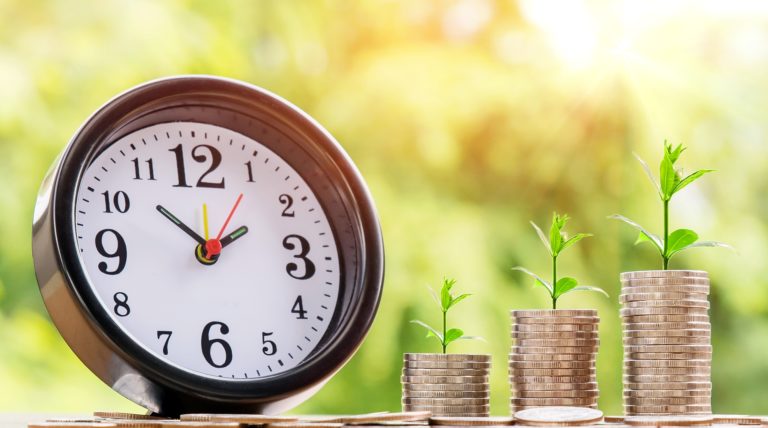Value-Added Tax (VAT) is a tax on consumer spending. It is collected by VAT-registered businesses on their supplies of goods and services for consideration from their customers. Generally, each such businesses in the chain of supply from the manufacturer through to retailer charges VAT on sales and is entitled to deduct from this amount the VAT paid on purchases and expenses.
The effect of offsetting VAT on purchases and expenses against VAT on sales is to impose the tax on the added value at each stage of the business chain. For the final consumer, not being VAT-registered, he or she has to bear the burden of Vat as an increased cost of goods or services bought.
VAT return has to be sent to HMRC on a periodic basis. The Vat liability has to be paid in time. If the return is not submitted in time or payment is not made in time, there will be fine.
The business has to maintain proper books and records and produced to HMRC if asked to do so.

